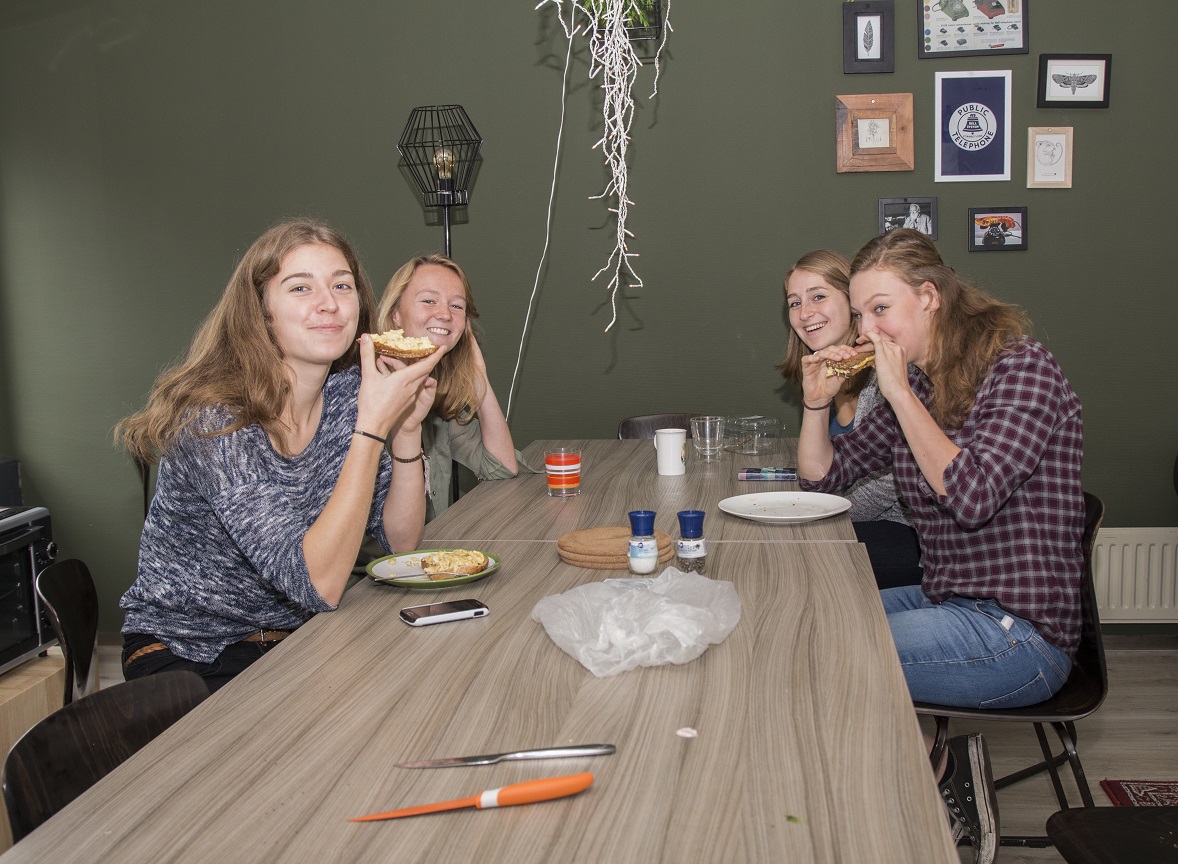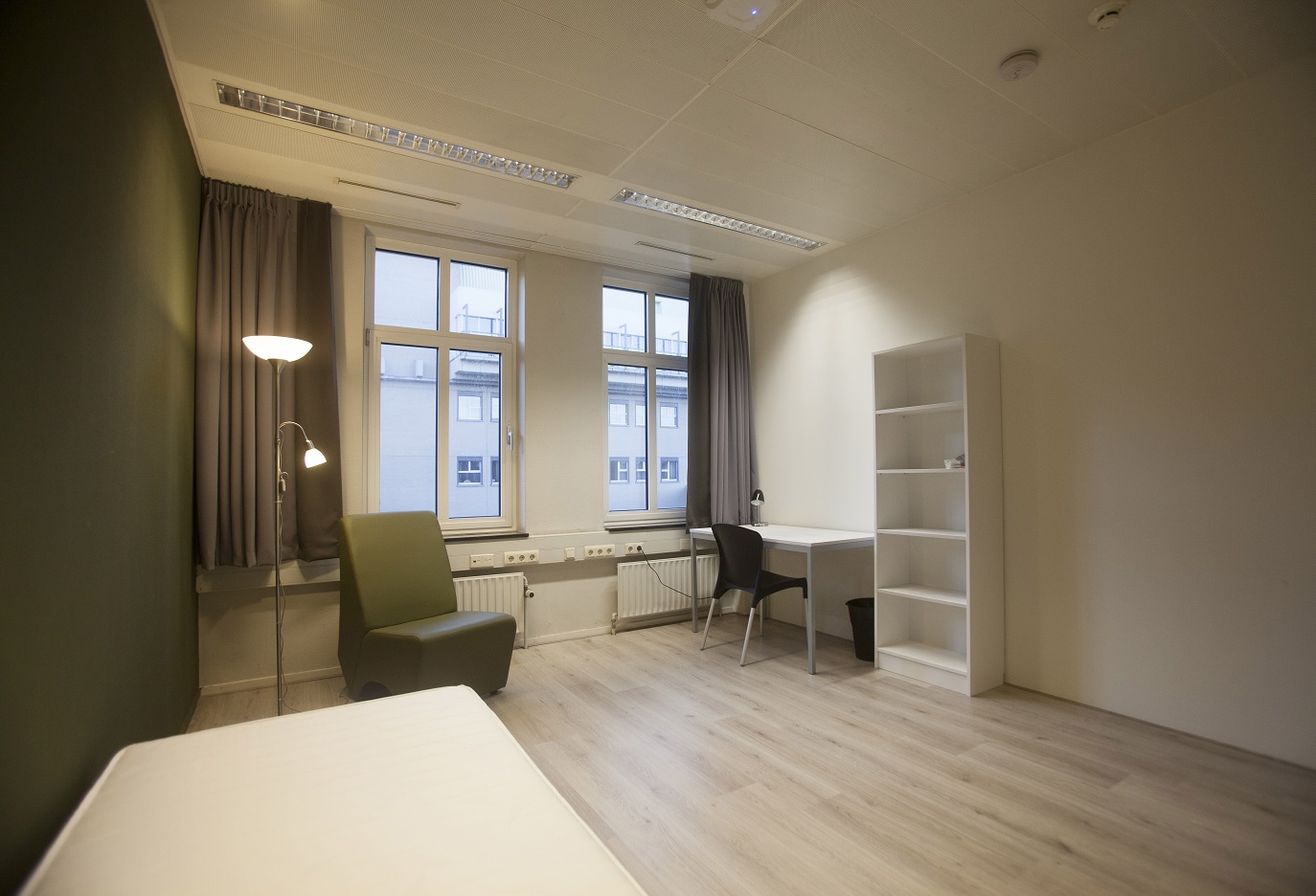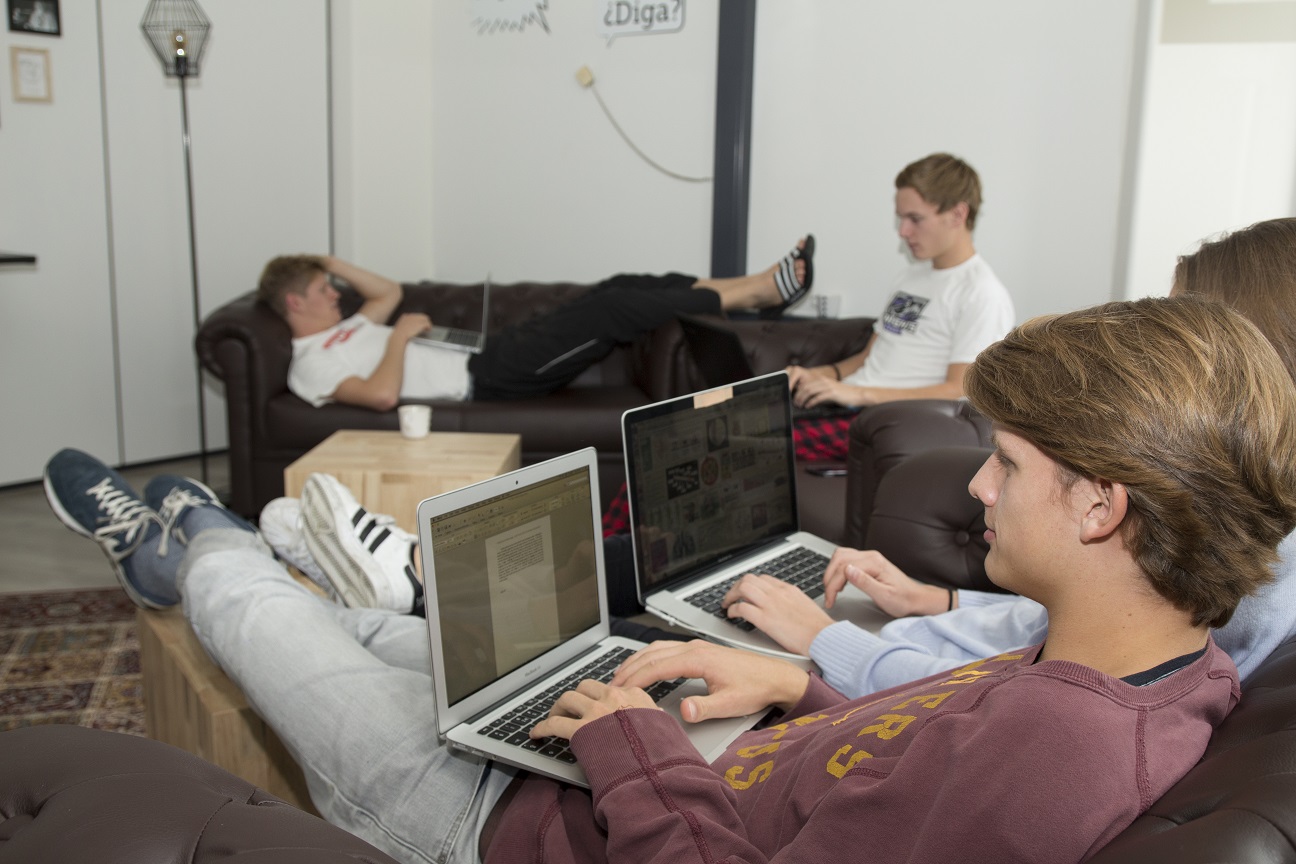Food from Field to Fork - an archaeobotanical approach
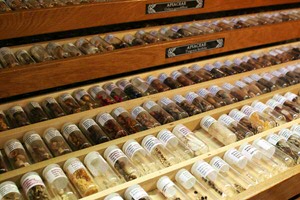
Unfortunately, due to the ongoing COVID-19 restrictions, we have made the difficult decision to this summer school. We apologize for any inconvenience this exceptional situation may cause. Hopefully we will see you next year instead. Stay safe and healthy!
Recent discussions about health, food safety and an awareness of vanishing traditions have resulted in an increasing interest in traditional foods and food heritage. The summer school Food from Field to Fork: an archaeobotanical approach is organised by the Groningen Institute of Archaeology, an institution well known for its advanced research of subfossil plant remains.
This summer school is aimed at broadening and deepening your knowledge of traditional food practices. It will help you to learn to recognize them in your archaeobotanical assemblage.
Food from Field to Fork engages with key questions that arise from the archaeobotanical study of past food practices. For instance:
- how can I recognize crop processing in my samples?
- how can morphological traits help me to determine crop preferences?
- are traces of preparation marks recognisable on subfossil remains?
- what can historical sources tell me about crop processing in the field and food preparation in the home?
This summer school challenges you to think about how to tackle these key questions. We will assist you and help you learn to do so by studying examples of recent traditional food products, subfossil samples from Early Modern cesspits as well as a variety of historical recipes. In order to adequately interpret the archaeological record in relation to the aforementioned themes, the programme of this summer school will be divided into a theoretical and a practical session, during which there is always time for discussion.
Practical information
Unfortunately, due to the ongoing COVID-19 restrictions, we have made the difficult decision to cancel this summer school. We apologize for any inconvenience this exceptional situation may cause. Hopefully we will see you next year instead. Stay safe and healthy!
| Dates & location | July 2021 (tbc), Groningen, the Netherlands |
| Level | BA/MA/PhD/Postdoc/Practitioners |
| Fee 2020 |
(Under)Graduate students: € 160 |
| Academic coordinators |
Prof. dr. R.T.J. (René) Cappers, Faculty of Arts |
| Contact | archaeobotany.summerschool rug.nl |
The fee includes:
- A manual for the Identification of Plant Seeds and Fruits*
- Digital Atlas of Traditional Foods made from Cereals and Milk*
- Guided city tour on Sunday
- Welcoming drinks on Sunday
- Welcoming dinner on Sunday
- 5 x Lunch
- 5 x Coffee, tea and fruit (twice a day)
- Goodbye Reception on Friday
*The textbooks are offered for a reduced price. Those participants who already have a copy of one or both textbooks will not have to pay for them.

Requirements
This summer school is designed for Undergraduate students, Graduate students, PhD’s and Postdocs as well as Researchers and Practitioners working in disciplines related to food research. (Bio-)archaeologists, (palaeo)ecologists and (palaeo)ethnobotanists are welcomed, as well as (culinary)historians, cooks, biologists, food technologists and anthropologists.
For this summer school we will use microscopes. A basic training in how to use a microscope is preferred, but we will take time to go through the steps if needed.
We aim to bring together a diverse group of researchers interested in past food and alimentary practices.
Undergraduate and Gra duate students are asked to provide a letter of motivation for enrolling in this summer school. Furthermore, it is expected that the participants have a sufficient command of the English language to actively participate in the discussions and to present their own work in English.

Learning outcomes
After this course you will be able to:
- describe the theoretical underpinnings of micro-analytic research on classroom interactions
- formulate your own research questions
- set up a design for research on classroom interactions
- analyze data on classroom interactions using state-of-the-art techniques
Lectures will cover:
- Relevant plant morphology and adequate usage of terminology;
- Basic principles of crop processing and food preparation techniques;
- the information to be gained from historical recipes. These lectures will give the participants the tools necessary for an in-depth analyses of their own archaeobotanical samples.
The knowledge gained in the lectures will be applied in a hands-on fashion during the practical sessions. You will have the opportunity to study a variety of processed crops and traditional food products from North Africa and Southwest Asia, as well as modern material to experiment on in order to analyse processing and preparation techniques. Additionally, a selection of subfossil plant parts from Dutch cesspits will be studied in relation to historical texts.
We will end the Summer School with a discussion about present and future research methods and techniques. Is the toolkit we are using appropriate to answer our research questions? Which research practices will aid our line of inquiries into past crop processing techniques and food preparation practices? What role do we play and more importantly can we play in present debates concerning health, food safety and food related traditions.
Workload and certificate
Preparatory work: 30 hours
Lectures: 4 x 3 hours
Practical sessions: 4 x 4 + 7 hours
Total: 65 hours
After successful participation, students will receive a certificate of participation signed by the coordinators of the summer school. Upon request the certificate can mention the workload of 65 hours (28 hours corresponds to 1 ECTS). Students can apply for recognition of these credits to the relevant authorities in their home institutions, therefore the final decision on awarding credits is at the discretion of their home institutions. We will be happy to provide any necessary information that might be requested in addition to the certificate of attendance.
Housing
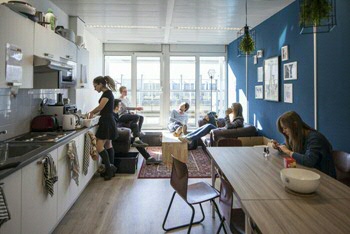
You will stay at Upsilon International Students House. This newly built residence is beautifully located between the city centre of Groningen and the University campus. There is a coffee corner at the main entrance and a rooftop where you can enjoy the sunset. You will have a fully furnished private room, with its own bathroom and toilet. The kitchen/living room is shared with approx. 8 other students, and offers you a place to have dinner or to play a (board) game with your fellow summer school students.
Meals
The kitchens are fully equipped with electric stoves, ovens, fridges, freezers, etc. and of course pots and pans. Please note that food (breakfast, lunch, dinner) is not included unless otherwise specified by your summer school. You should count on spending approximately €15-20 per day on meals, snacks, coffee/tea and/or other refreshments.
Conditions
The housing service is optional, please indicate on your online application form if you want to have accommodation arranged for you. If you agree to have housing arranged for you, you will be offered a standard package with the following conditions:
- Standard rental from Saturday 18 July to Saturday 25 July (fee € 274 for 7 nights). This includes cleaning, bed package (duvet, pillow + linen) and basic kitchen utensils.
- Check-in is on Saturdays between 2 PM and 10 PM or Sundays between 2 PM and 4 PM. The central summer school office will be there to welcome you.
- Check-out is on Saturday before 10 AM.
- Cancellation policy: Participants who cancel after 17 June are liable to pay the full amount for housing.
Please note that the international student house is a regular home and not hotel-quality accommodation. If you prefer to stay in other accommodation, please make use of one of the many hotels in Groningen. For researchers and practitioners: housing (7 nights, from Saturday 18 July to Saturday 25 July) in a different accommodation can be arranged (hotel room á € 600).
| Last modified: | 03 June 2021 1.13 p.m. |

